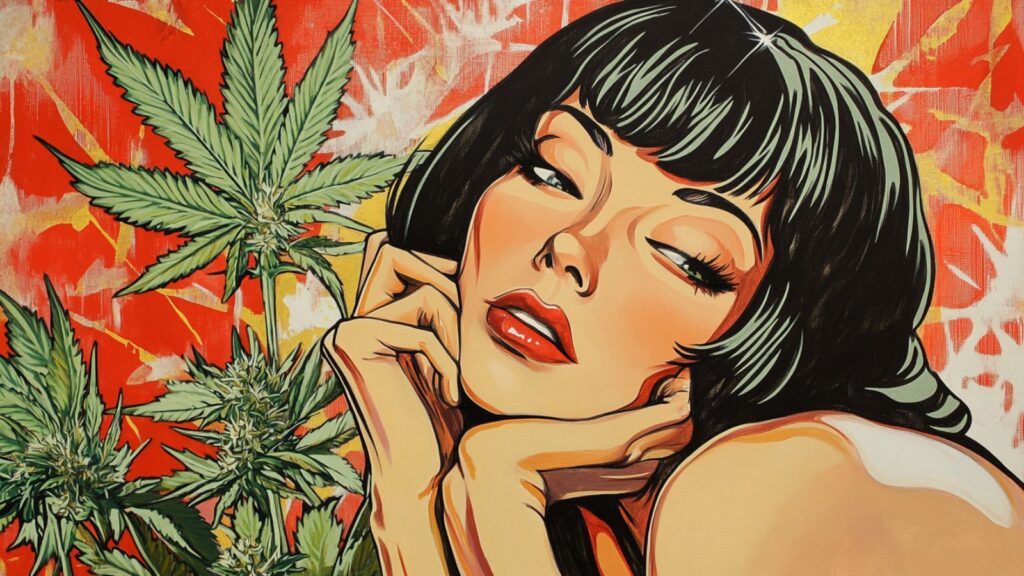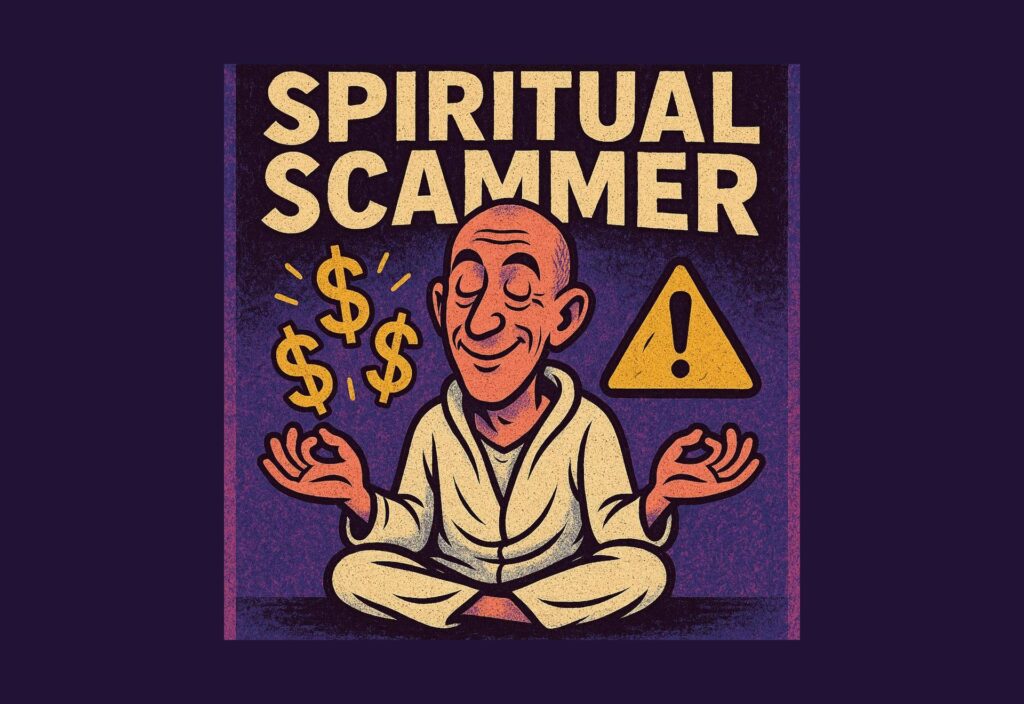Many recreation psychedelics can enhance connection, for example to nature, yourself, music, or other people. MDMA, also known as Molly and Ecstasy, is one of the most pro-social drugs because it promotes the release of serotonin and oxytocin in the brain. People who take it experience increases in openness, as well as trust and love for the people around them. Sex on MDMA is a common curiosity and inclination.
Despite the best-laid plans, having sex on MDMA isn’t always what a user wants once the drug is in their system. There is much more of a focus on touch, intimacy, and sensuality than on carnal need. But there are people who do have sex on MDMA. Its effects can make sex more enjoyable or intense for some users.
What to Expect When You Have Sex on MDMA
MDMA causes many physical and emotional changes that can affect the sexual experience. The cascade of hormones in the brain may help someone stay in the moment. Sex can feel more intense and connected because you focus solely on the experience. On MDMA, normal human anxieties aren’t riddling your consciousness
Heightened Sense of Physical Touch
One of the classical presentations of MDMA is a heightened sense of physical touch. This is due to the considerable dump of serotonin. The increase is usually pleasurable and something people rolling seek out. This is why “cuddle puddles” (or “cuddle parties”) are popular activities during an MDMA roll. It’s also why people are curious about sex on MDMA. Couples or groups having sex on MDMA may feel the experience is more intense than it would be without the drugs. Skin-to-skin contact can feel more arousing. It can feel like you are kissing someone for the first time all over again.
Lowered Inhibitions
Studies have shown that people on MDMA behave more trustingly. The drug also cuts off blood flow to the amygdala, the emotion center of the brain. Because of this, users are willing to get more vulnerable and express more intimate thoughts—without negative emotions cropping up.
“Your anger response is reduced,” says Dr. Eva Altobelli, a psychiatrist specializing in addiction recovery who helps patients integrate their mind, body, and spirit. “That allows for a more open-hearted, present conversation.”
This paired increase in trust/decrease in anxiety results in lowered inhibitions. Your brain is telling you that there are fewer things to fear. Thus, users can have more “wild” sex without embarrassment, or perhaps initiate sex with someone they were afraid to pursue. The result can be a feeling of enhanced presence during sex without distractions.
Heightened Sense of Sensuality
For many people on MDMA, sex isn’t the primary focus. According to a study of 98 MDMA users, most respondents report increases in sensuality—but without the desire for penetrative sex. Because of the surge in oxytocin, the bonding hormone released after climax, MDMA can put users in a post-coital mindset that is focused on intimacy and vulnerability instead of horniness. There’s an increase in connection that doesn’t exactly translate to sexual intercourse.
“Sex can feel great but it can also be somewhat dissociative, “ says Altobelli. “[An] MDMA [experience] tends to be a more personal and a grounded sensuality.”
Physical Obstacles to Sex
While MDMA might make your brain want to have sex, other parts of your body might not be functioning at their peak performance to make that happen. In a small study, men reported difficulty getting an erection, as well as a delay in orgasm. For women, there might be a decrease in lubrication as well as a delay in orgasm. However, some women did report increased vaginal lubrication according to Matthew Johnson, a professor of psychiatry and behavioral sciences at the Johns Hopkins University School of Medicine. But for many, sex may have to wait until the comedown for both partners to climax.
MDMA, the Love Drug
MDMA is called the love drug because it produces a surge in oxytocin. This endogenous chemical in the brain is associated with the feeling of love. The body produces oxytocin during sex, breastfeeding, touch, and childbirth. It is also known as the bonding hormone.
MDMA’s moniker, the “love drug,” reflects the behaviors it produces in users. People under its influence are usually very euphoric and can feel “in love” with those around them. Their behaviors can include giving intense compliments to strangers and friends, engaging easily in emotionally vulnerable conversations, and wanting physical touch from everyone.
Is It Safe to Have Sex on MDMA?
There are many rumors that having sex on MDMA will “ruin sex for you.” These have mostly been debunked through anecdotally shared experiences. Supposedly, the heightened sense of physical touch on MDMA is so intense that sober sex can not replicate it. It may be true that the foreplay and sex on MDMA can feel insanely good. However, this doesn’t make regular sex boring or unfulfilling—just as cuddling on MDMA doesn’t ruin regular sober hugs.
However, any substance that lowers your inhibitions should not be taken lightly. With lowered inhibitions, people are more likely to engage in riskier forms of sex. This can mean sex with riskier people like strangers or not practicing safe sex, i.e., condoms and birth control. It is important to take MDMA around people you trust. If you’re going to have sex, make it as safe as possible so you don’t have regrets later.
Reasons Why Couples Take Ecstasy Together
MDMA has emerged as an interesting assist for couples’ psychedelic therapy and counseling. It is still a schedule 1 drug, meaning therapists cannot give MDMA to their patients or guide them through a roll. However, therapists like Altobelli have seen an increase in couples coming to them for help integrating their MDMA experience, so that it can have the maximum effect on their personal and relationship growth.
Because MDMA decreases inhibitions and increases openness, couples are able to have vulnerable conversations about difficult aspects of their relationships and to work past obstacles. The release of oxytocin and serotonin can increase the bond between partners and put them on more stable ground going forward. Altobelli sees that a shared roll creates sustained positive changes in relationships that last well after the MDMA is out of each person’s system.
MDMA is better for couples who want to address issues in their relationship over other psychedelics because it allows users to be more talkative during the experience. Other psychedelics like LSD and psilocybin—that create more intense hallucinations and other dissociative effects—make it harder for couples to stay focused on a conversation. MDMA users are also more lucid, so more therapeutic work can actually get done. The decrease in blood flow to the amygdala helps couples avoid arguments during conversations that usually turn nasty.
“It allows the individuals to have a more flexible thought process,” says Altobelli. “We get caught in these well-worn tracks. So couples tend to fall into patterns and fight the same way. [An MDMA experience] is a really nice way to slow it down. And because it increases oxytocin, it supports a deep, intimate emotional bond and intimacy.”
Contributing RS Author: Jesse Klein
Jesse Klein is a science and outdoor reporter based in the Bay Area. She has written for VICE, New Scientist, Inside the Jar and many other national publications. Her background in neuroscience and experience as business journalist informs her reporting as she dives deep into the science, policy and business of drugs and psychedelics. See more of her writing at jesseerynklein.com.















